Liverpool reignites the rivalry with Manchester United! Tale of two 20s...
Liverpool's latest Premier League triumph under Arne Slot is more than just another trophy; it's a seismic moment in English football history. By securing their 20th league title Liverpool will have drawn level with Manchester United's record tally. This achievement marks a full turn of the wheel since Sir Alex Ferguson famously aimed to depose Liverpool, fulfilling his goal before his 2013 retirement. Now, the balance shifts again in this epic, decades-long battle for domestic dominance.
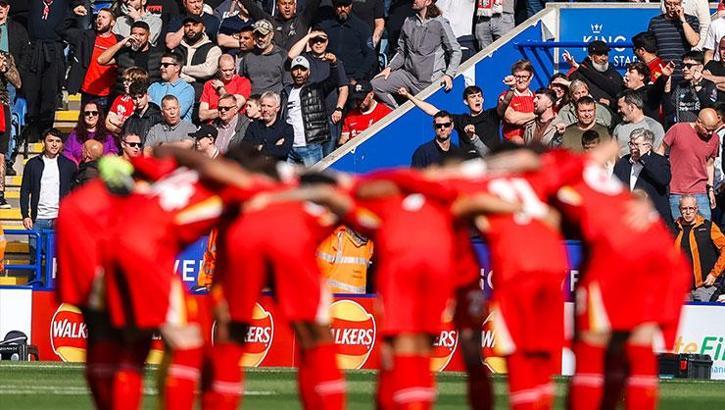
The scenes of celebration at Anfield carry a weight beyond immediate joy. As Liverpool hoist their 20th English league championship trophy, they won't have just ended a wait for a title party uninterrupted by global pandemics; they'll have pulled level with Manchester United, rekindling the fierce debate over which club truly stands as England's most successful. Liverpool were unable to celebrate their 19th league title, their first since 1990, with their fans due to the pandemic. It was also Liverpool's first Premier League title in history.
Read More ›
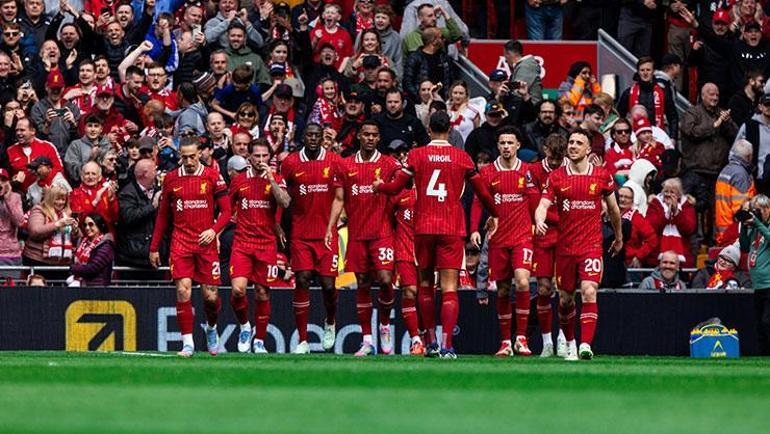
This milestone comes just over a decade after Sir Alex Ferguson retired, having emphatically achieved his stated mission to knock Liverpool "off their f***ing perch," leaving United seemingly unassailable at 20 titles to Liverpool's 18.
"We are back..."
Ferguson’s drive to overhaul Liverpool became an obsession that defined much of his tenure. Arriving in 1986 with United trailing far behind, he steadily built a dynasty. By 1993, United ended their own 26-year title drought. Liverpool fans retorted with banners reminding them of the historical gulf – "Come back when you've won 18." United did just that, triumphantly returning to Anfield in 2009 with a banner declaring, "You told us to come back when we won 18... We are back."
Read More ›
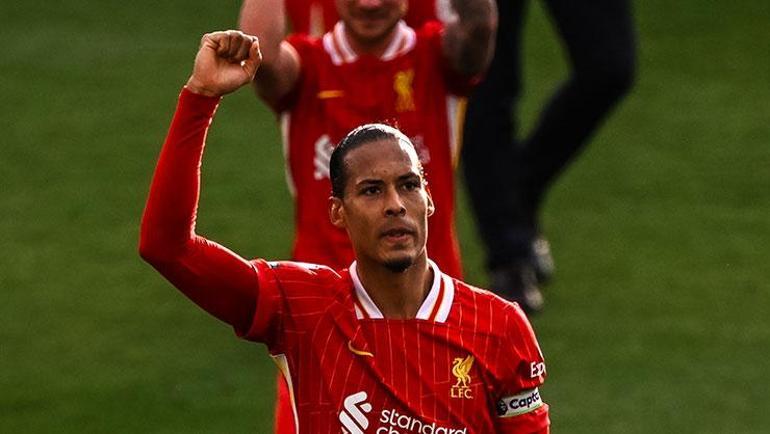
Players like Gary Neville, whose childhood was admittedly "ruined" by Liverpool's 1970s and 80s dominance, and Rio Ferdinand spoke openly about the "massive" significance of first equalling, then surpassing, their rivals. The clinching of the 19th title in 2011 prompted audacious United fans to unfurl an "MUFC 19 times" banner at Anfield itself. When the 20th title arrived in 2013, the power shift felt complete, permanent even. Liverpool, finishing seventh that season, seemed miles off the pace. As Steven Gerrard lamented, watching United relentlessly rack up championships while Liverpool remained stuck on 18 was painful.
Post-Ferguson trauma
Yet, United's subsequent decade serves as a stark reminder of football's cyclical nature, echoing Liverpool's own decline post-1990 and, ironically, United's struggles after Sir Matt Busby stepped down in 1969. Just as Liverpool's seamless managerial transitions from Shankly through to Dalglish eventually faltered, leading to complacency, questionable decisions under Graeme Souness, and a struggle to adapt, United post-Ferguson have experienced similar turbulence.
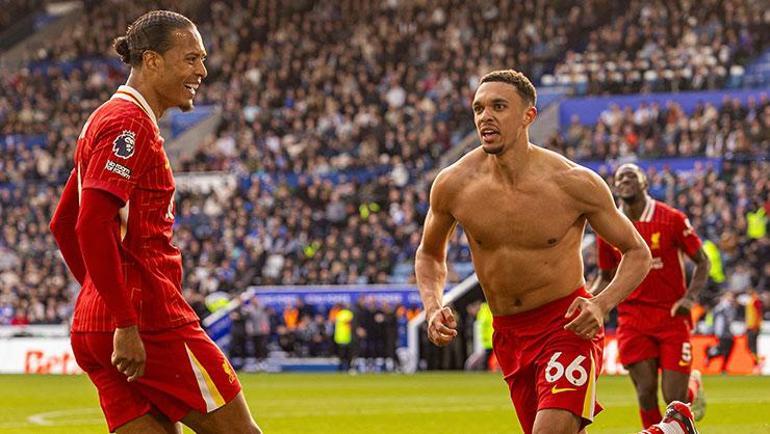
The departure of a legendary manager, the difficulty in replacing iconic players, questionable recruitment strategies, an erosion of the winning culture within the dressing room, and perhaps a complacent belief in an inevitable return to glory – these factors haunted Liverpool in the 1990s and have plagued United since 2013. Managerial appointments from David Moyes to Erik ten Hag have followed a frustrating pattern: brief sparks of promise often followed by regression, failing to mount a sustained title challenge despite occasional cup successes or second-place finishes. The current manager, Ruben Amorim, faces the monumental task of reversing this trend.
Read More ›
Liverpool's own history provides context. Their dominance between 1973 and 1990 (11 league titles, multiple European trophies) seemed unshakeable. The "Boot Room" philosophy ensured continuity. However, Dalglish's departure in 1991, burdened by the Hillsborough tragedy's emotional toll, marked a turning point. Souness's attempt to overhaul the squad fractured the club's famed unity. Later, under Roy Evans, a perceived lack of ruthlessness among the so-called "Spice Boys" generation contrasted sharply with the steely determination Ferguson had instilled at Old Trafford. There was a lingering belief at Anfield that title dominance would naturally return, a dangerous assumption as the football landscape evolved rapidly.
Read More ›
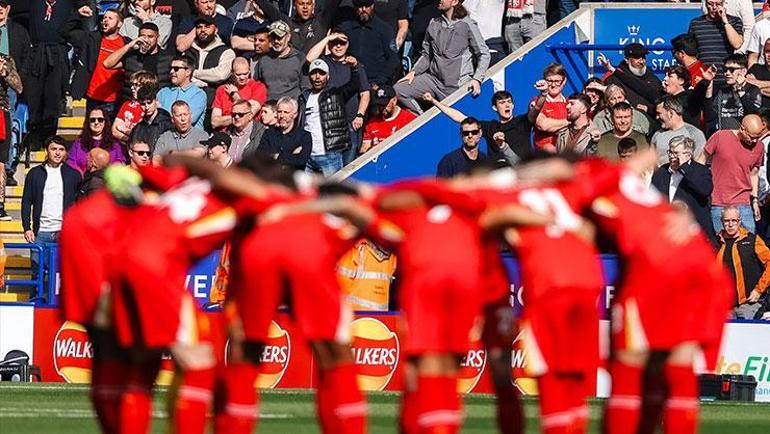
Reds are back!
Now, with the league title count locked at 20-20, the argument over overall supremacy intensifies. Liverpool counts this as their 52nd major honour (League titles, FA Cups, League Cups, European Cup/Champions League, UEFA Cup/Europa League, Cup Winners' Cup, Super Cup, Club World Cup). By this metric, they lead United, who tally 47. Liverpool point particularly to their 6-3 advantage in European Cups.
Manchester United, however, employ a different calculation. Including the Community Shield (which they've won 21 times to Liverpool's 16), they reached 68 trophies prior to Liverpool's latest league win. Liverpool's 20th title brings the tally to 68-68 by United's reckoning. The debate over the Community Shield's status as a "major" trophy remains contentious, with even Ferguson historically downplaying its importance. Excluding it firmly places Liverpool ahead (52-47); including it creates parity, for now.
Read More ›
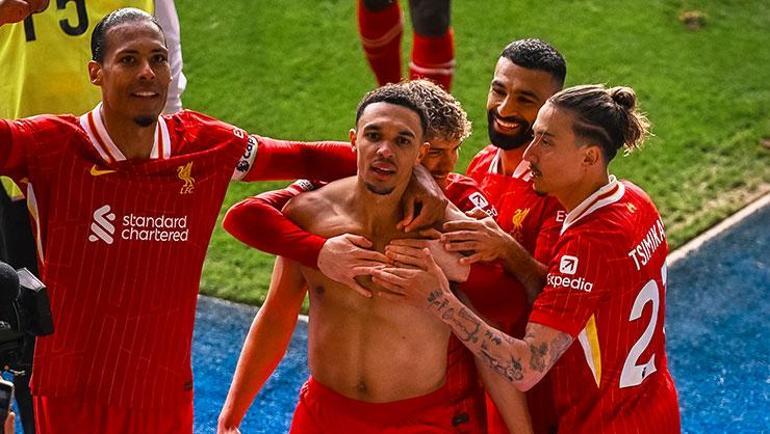
Interestingly, the obsession with surpassing United seems less pronounced among the current Liverpool setup and fanbase compared to United's focus during the Ferguson era. Perhaps it's the context – United's current struggles mean they aren't the immediate dominant force Ferguson faced. Perhaps it's the globalized nature of modern squads, less steeped in local rivalry from childhood. Liverpool fans, while undoubtedly enjoying the bragging rights, seem more focused on the present success and the joy of a shared celebration after the muted 2020 title win. As Anfield Wrap host Neil Atkinson suggests, equalling the record is "great wind-up material" but less crucial than the club simply achieving greatness again.
What's undeniable is the pendulum swing. Ferguson left United seemingly on top in both league titles and overall trophies (by their count). Klopp's tenure spectacularly reversed this, re-establishing Liverpool's lead in major honours. Slot now has the chance to build on this foundation.
"The most successful club in English football"
The battle, however, is never truly over. History shows that fallow periods eventually end. Manchester United still chase European glory this season and will inevitably rebuild. Liverpool know they must capitalize on their current strength. While the claim on United's investor relations website of being "the most successful club in English football" looks increasingly tenuous, particularly with parity in league titles and fewer European Cups, the rivalry ensures the argument will continue. Empires rise and fall, but the contest for supremacy between these two giants of English football endures.









